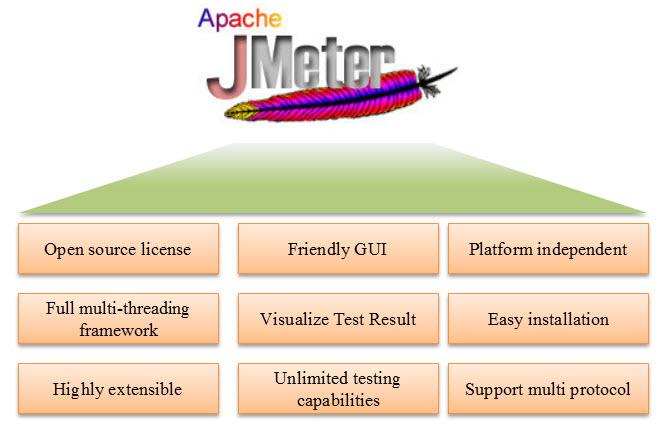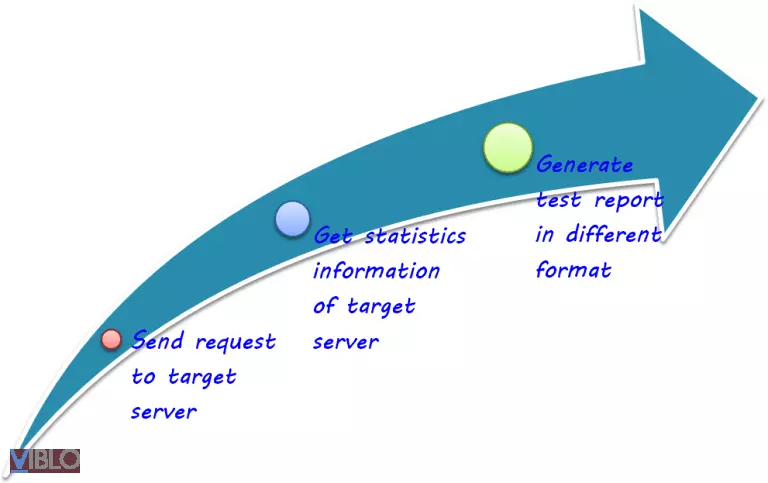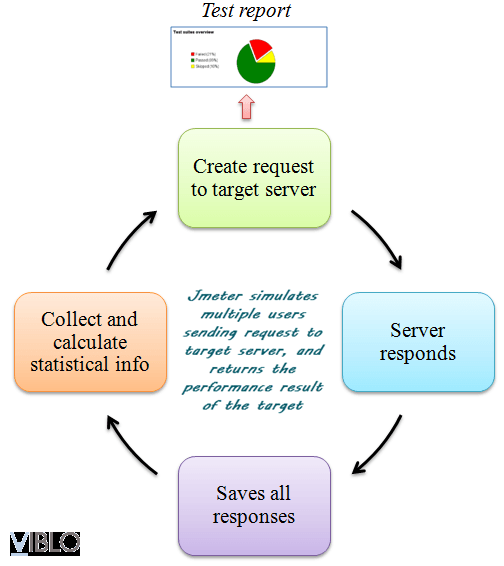I. What is jmeter?
Jmeter is an open source Java software. Designed for load testing and system performance assurance. It was originally designed to test web applications but today it is used in functional tests, database server tests etc.
II. What can jmeter do?
- Apache Jmeter can be used to test performance for both static and dynamic resources.
- Load and perfomance test on many different applications / servers / protocols
- Full functionality of a test IDE (recording, debugging, building)
- Ability to analyze test results
III. Advantages of Apache Jmeter

- Full multithreading framework: Jmeter allows simultaneous running of sampling of different functions by a set of separate threads
- Highly Extensible: Allows you to write the test code as desired, in addition to supporting many plugins
- Multiple testing strategy: Supports many testing strategies such as Load testing , Distributed Testing , and Functional Testing .
IV. Disadvantages of Jmeter
- For web applications only: Jmeter is a good tool for web applications but it is not suitable for testing desktop applications.
- Lack of support for JavaScript: JMeter is not a browser, so it cannot run JavaScript in a web application. It has limited support to handle JavaScript or Ajax, which can affect simulation accuracy
- Memory consumption: Jmeter can simulate downloads and generate virtual reports, resulting in high memory consumption.
V. How does Jmeter work?


Reference link: https://www.linkedin.com/pulse/what-jmeter-why-use-advantages-disadvantages-private-limited http://jmeter.apache.org/ https://www.guru99.com /introduction-to-jmeter.html
